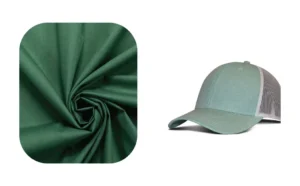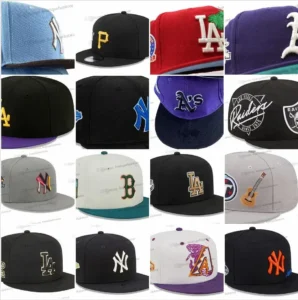Choosing the perfect cap can feel like navigating a maze—especially when faced with two popular materials: polyester and cotton. Each offers unique benefits and drawbacks that affect comfort, durability, style, and environmental impact. So, which cap truly stands out? This guide will break down the key differences between polyester and cotton caps to help you decide which suits your lifestyle best.
Polyester caps excel in durability, moisture-wicking, and color retention, making them ideal for active use. Cotton caps, on the other hand, provide superior breathability and natural comfort, preferred for casual wear. Both materials have pros and cons depending on your needs, style, and environmental preferences.
Imagine you’re gearing up for a weekend outdoor adventure or simply looking for that stylish everyday cap—understanding these materials can save you from regrettable purchases. Let’s dive deeper and uncover which cap deserves a spot in your wardrobe.
1. What Are the Key Differences Between Polyester and Cotton Caps?

Polyester is a synthetic fiber known for durability and moisture management, while cotton is a natural fiber prized for softness and breathability. These foundational differences influence their feel, care, and performance.
- Material Origin and Composition Polyester is man-made from petroleum-based products, designed to mimic silk’s durability and lightweight feel. Cotton comes from natural cotton plants, featuring cellulose fibers that are soft and breathable.
- Fabric Structure and Texture Polyester fibers are smooth and tightly woven, often resulting in a sleek finish. Cotton fibers are more porous and fluffy, giving a matte, natural look.
- Moisture Handling and Sweat Absorption Polyester excels at wicking moisture away from the skin, drying quickly during intense activity. Cotton absorbs sweat but dries slowly, which can leave the fabric damp and uncomfortable during workouts.
- Color and Print Retention Polyester holds dye and prints well over time, resisting fading. Cotton tends to fade with repeated washing, especially under sun exposure.
- Allergenicity and Skin Sensitivity Cotton is hypoallergenic and less likely to irritate sensitive skin. Polyester can sometimes cause discomfort or allergies, especially when worn for long periods in hot weather.
| Feature | Polyester Caps | Cotton Caps |
|---|---|---|
| Material Origin | Synthetic, petroleum-based | Natural, from cotton plants |
| Fabric Structure & Texture | Smooth, tightly woven, sleek finish | Porous, fluffy, matte natural look |
| Moisture Handling | Wicks moisture, dries quickly | Absorbs sweat, dries slowly |
| Color & Print Retention | Excellent dye and print retention, resists fading | Prone to fading with washing and sun exposure |
| Allergenicity | May cause skin irritation or allergies | Hypoallergenic, gentle on sensitive skin |
2. Which Material Offers Better Comfort and Breathability for Caps?

Cotton caps generally offer better comfort and breathability due to their natural fibers, while polyester caps prioritize moisture management but can feel less soft.
- Breathability Explained: How Air Flows Through Each Fabric Cotton’s loose fiber arrangement allows air to circulate freely, helping regulate temperature and keep your head cool. Polyester’s tight weave limits airflow but helps transport sweat away.
- Comfort in Different Weather Conditions Cotton caps are more comfortable in hot, dry climates thanks to their cooling effect. Polyester caps perform better in humid or rainy conditions by staying dry.
- Wearer Experiences and User Feedback Casual users often praise cotton caps for all-day comfort. Athletes prefer polyester caps for performance, especially in high-intensity sports.
- Innovations in Fabric Blends for Improved Comfort Many manufacturers blend cotton and polyester to balance breathability and durability, offering hybrid caps suitable for versatile use. Aspect Cotton Caps Polyester Caps Breathability Loose fibers allow excellent air circulation Tight weave limits airflow but wicks sweat Comfort in Weather Better for hot, dry climates (cooling effect) Performs better in humid or rainy conditions User Preference Favored for all-day casual comfort Preferred by athletes for performance Fabric Innovations Often blended with polyester for balance Blended with cotton to improve softness
| Aspect | Cotton Caps | Polyester Caps |
|---|---|---|
| Breathability | Loose fibers allow excellent air circulation | Tight weave limits airflow but wicks sweat |
| Comfort in Weather | Better for hot, dry climates (cooling effect) | Performs better in humid or rainy conditions |
| User Preference | Favored for all-day casual comfort | Preferred by athletes for performance |
| Fabric Innovations | Often blended with polyester for balance | Blended with cotton to improve softness |
3. How Do Polyester and Cotton Caps Compare in Durability and Maintenance?
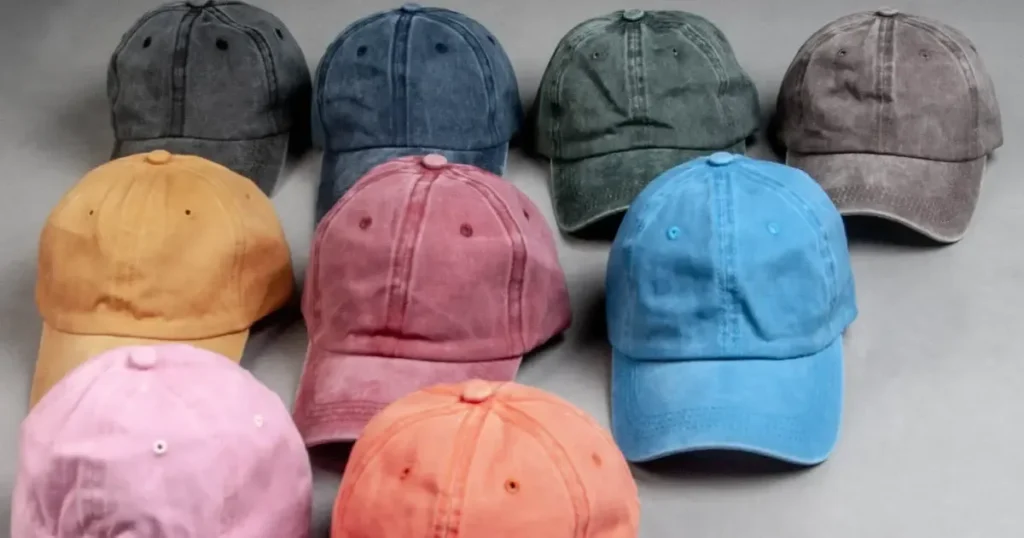
Polyester caps outlast cotton ones due to stronger fibers and better resistance to stretching and shrinking. Cotton caps require gentler care but offer natural feel.
- Resistance to Wear and Tear Polyester fibers resist abrasions and retain shape well. Cotton is prone to shrinking and losing form after repeated washes.
- Color Fastness Over Time Polyester colors stay vibrant longer, even with frequent sun exposure. Cotton tends to fade and develop a worn look.
- Washing and Care Instructions Polyester is machine washable and quick-drying. Cotton requires more careful washing to prevent shrinkage and fabric damage.
- Cost Implications of Maintenance Polyester’s low maintenance reduces long-term care costs, while cotton may incur higher laundry and replacement expenses.
| Feature | Polyester Caps | Cotton Caps |
|---|---|---|
| Durability | High – resists wear | Moderate – prone to wear |
| Color Retention | Excellent | Moderate |
| Care | Easy, quick drying | Requires gentle washing |
| Shrinkage | Minimal | Possible |
| Lifespan | Longer | Shorter |
4. Are Polyester Caps More Environmentally Friendly Than Cotton Caps?
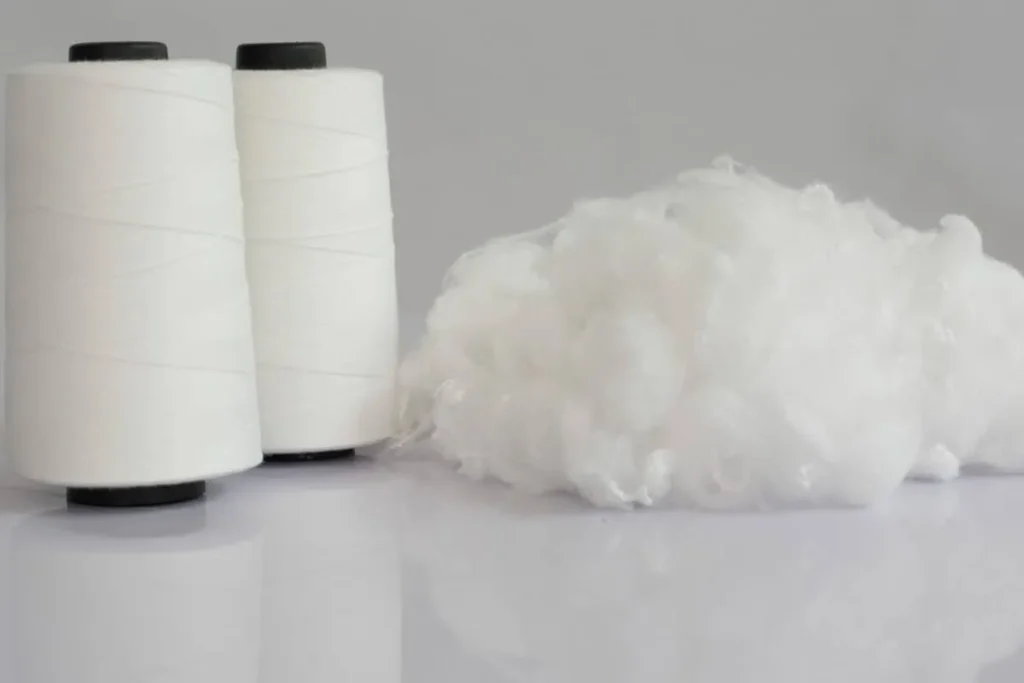
Cotton is a natural, biodegradable fiber but has a high water footprint; polyester is synthetic and less biodegradable but can be recycled. Both have environmental pros and cons.
- Water and Pesticide Use in Cotton Farming Conventional cotton farming consumes large volumes of water and pesticides, impacting ecosystems negatively.
- Carbon Footprint of Polyester Production Polyester manufacturing emits greenhouse gases and relies on fossil fuels, raising sustainability concerns.
- Recycling and Circular Economy Initiatives Polyester can be recycled into new fibers, reducing waste. Organic cotton and sustainable farming practices aim to lessen cotton’s impact.
- Innovations in Eco-Friendly Fibers and Blends Manufacturers are developing recycled polyester and organic cotton blends to marry sustainability with performance.
- Consumer Choices and Environmental Impact Awareness Choosing sustainably sourced caps or recycled materials supports eco-friendly production trends. Environmental Aspect Cotton Caps Polyester Caps Biodegradability Natural, biodegradable Synthetic, less biodegradable Water & Pesticide Use High water consumption, pesticide intensive Low water use but fossil fuel dependent Carbon Footprint Lower emissions but high water impact Higher emissions due to petrochemical use Recycling & Circular Initiatives Organic cotton and sustainable farming efforts Recyclable into new fibers Eco-Friendly Innovations Blends with recycled polyester for sustainability Development of recycled polyester fibers Consumer Impact Awareness Preference for organic cotton Growing demand for recycled polyester
| Environmental Aspect | Cotton Caps | Polyester Caps |
|---|---|---|
| Biodegradability | Natural, biodegradable | Synthetic, less biodegradable |
| Water & Pesticide Use | High water consumption, pesticide intensive | Low water use but fossil fuel dependent |
| Carbon Footprint | Lower emissions but high water impact | Higher emissions due to petrochemical use |
| Recycling & Circular Initiatives | Organic cotton and sustainable farming efforts | Recyclable into new fibers |
| Eco-Friendly Innovations | Blends with recycled polyester for sustainability | Development of recycled polyester fibers |
| Consumer Impact Awareness | Preference for organic cotton | Growing demand for recycled polyester |
5. What Styles and Applications Suit Polyester Caps vs. Cotton Caps?
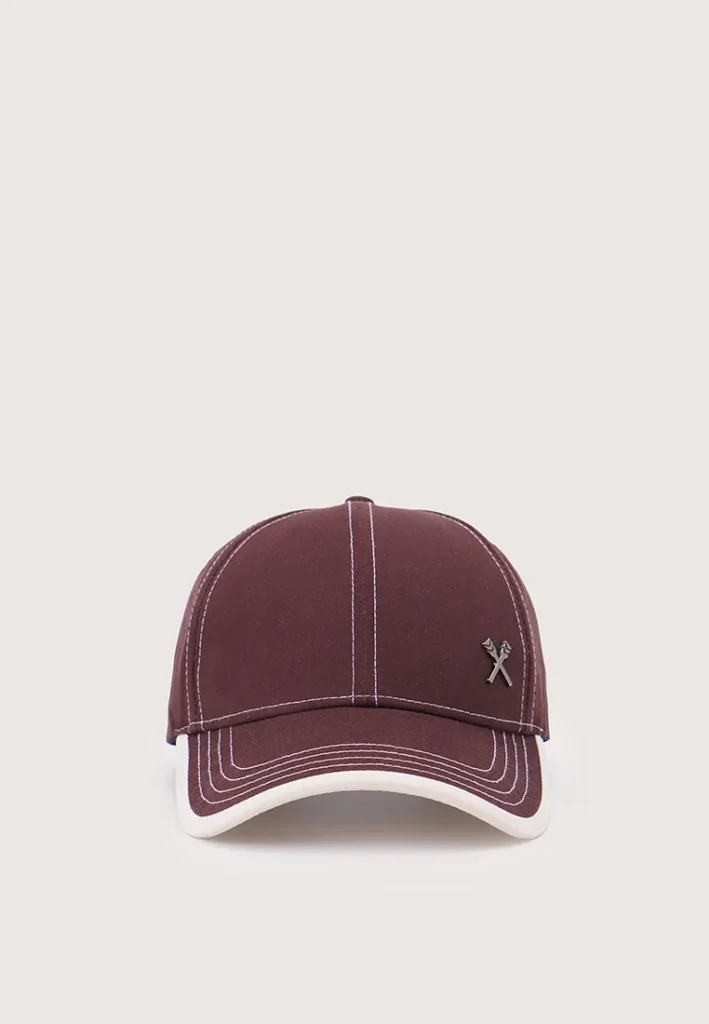
Polyester caps suit sports and outdoor activities due to moisture management, while cotton caps excel in casual fashion and lifestyle uses.
- Sports and Performance Wear: Polyester’s Advantages Polyester caps wick sweat and dry fast, making them ideal for running, hiking, and team sports.
- Fashion and Lifestyle Trends: Cotton’s Appeal Cotton caps offer a classic, natural look favored in streetwear, casual outings, and eco-conscious brands.
- Customization and Printing Considerations Polyester allows vibrant, durable prints perfect for logos and designs. Cotton offers a textured surface for embroidery and natural dyeing.
- Seasonal Preferences: Summer vs. Cooler Months Cotton caps are preferred in summer for breathability; polyester caps can offer more insulation when layered.
- Brand Positioning and Target Markets Activewear brands lean toward polyester; lifestyle and heritage brands emphasize cotton’s authenticity. Application Aspect Polyester Caps Cotton Caps Sports & Performance Wear Excellent moisture wicking and quick drying Less suitable due to slower drying Fashion & Lifestyle Sleek, modern look, favored for activewear Classic, natural look, popular in streetwear Customization & Printing Supports vibrant, durable prints Best for embroidery and natural dyeing Seasonal Use Better for cooler months with layering Preferred in summer for breathability Brand Positioning Favored by activewear brands Preferred by lifestyle and heritage brands
| Application Aspect | Polyester Caps | Cotton Caps |
|---|---|---|
| Sports & Performance Wear | Excellent moisture wicking and quick drying | Less suitable due to slower drying |
| Fashion & Lifestyle | Sleek, modern look, favored for activewear | Classic, natural look, popular in streetwear |
| Customization & Printing | Supports vibrant, durable prints | Best for embroidery and natural dyeing |
| Seasonal Use | Better for cooler months with layering | Preferred in summer for breathability |
| Brand Positioning | Favored by activewear brands | Preferred by lifestyle and heritage brands |
6. Do Polyester or Cotton Caps Offer Better Value for Money?
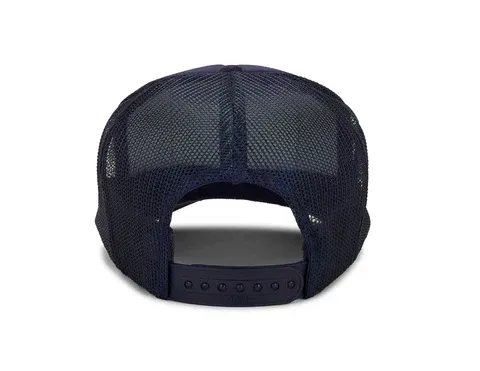
Polyester caps provide long-term value due to durability and low maintenance; cotton caps offer upfront comfort but may need more frequent replacement.
- Initial Purchase Price Comparison Cotton caps can cost slightly more due to natural fibers; polyester caps often come at a lower price.
- Longevity and Replacement Frequency Polyester caps tend to last longer, reducing replacement costs.
- Performance vs. Comfort Trade-offs Cotton caps provide immediate comfort, which some users may value over long-term durability.
- Market Trends and Consumer Preferences Value perception varies by user needs — athletes prioritize durability, fashion buyers value comfort and style.
- Cost Analysis Table
| Aspect | Polyester Caps | Cotton Caps |
|---|---|---|
| Initial Cost | Lower | Slightly Higher |
| Lifespan | Longer | Shorter |
| Maintenance Cost | Lower | Higher |
| Comfort Level | Moderate | High |
| Overall Value | High (for active use) | Moderate (for casual use) |
Final Thoughts and How to Get Your Custom Caps from Kinwin
Now that you understand the nuanced differences between polyester and cotton caps, it’s easier to pick the right cap for your specific needs—whether it’s durability for sports, comfort for daily wear, or sustainability concerns.
At Kinwin, we specialize in custom cap production tailored to your style and material preferences. Leveraging our advanced equipment and strict quality controls, we deliver eco-friendly, durable, and stylish caps designed to meet diverse market demands. Ready to create your personalized cap collection? Reach out to Kinwin today for a professional consultation and premium customization options that bring your brand vision to life.



